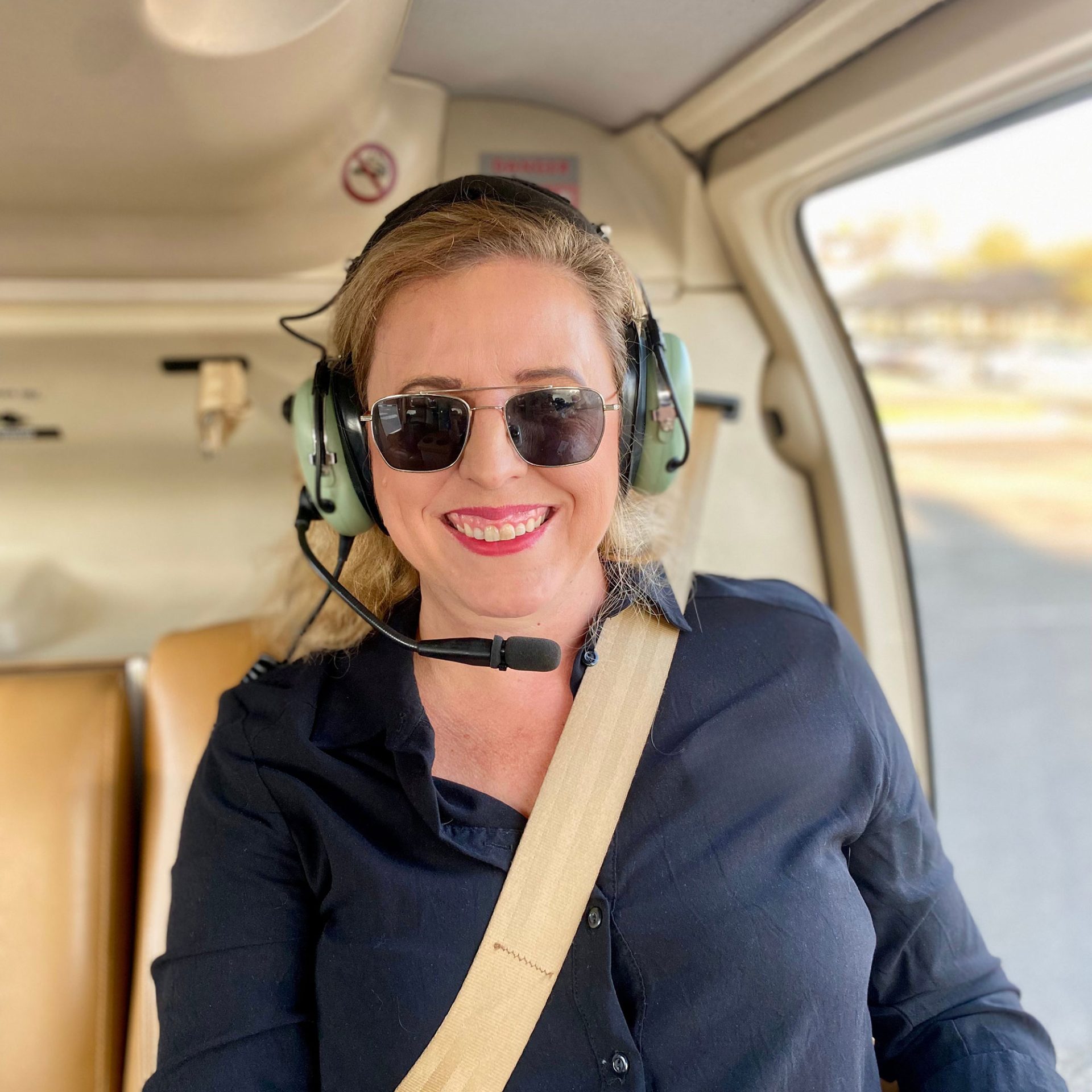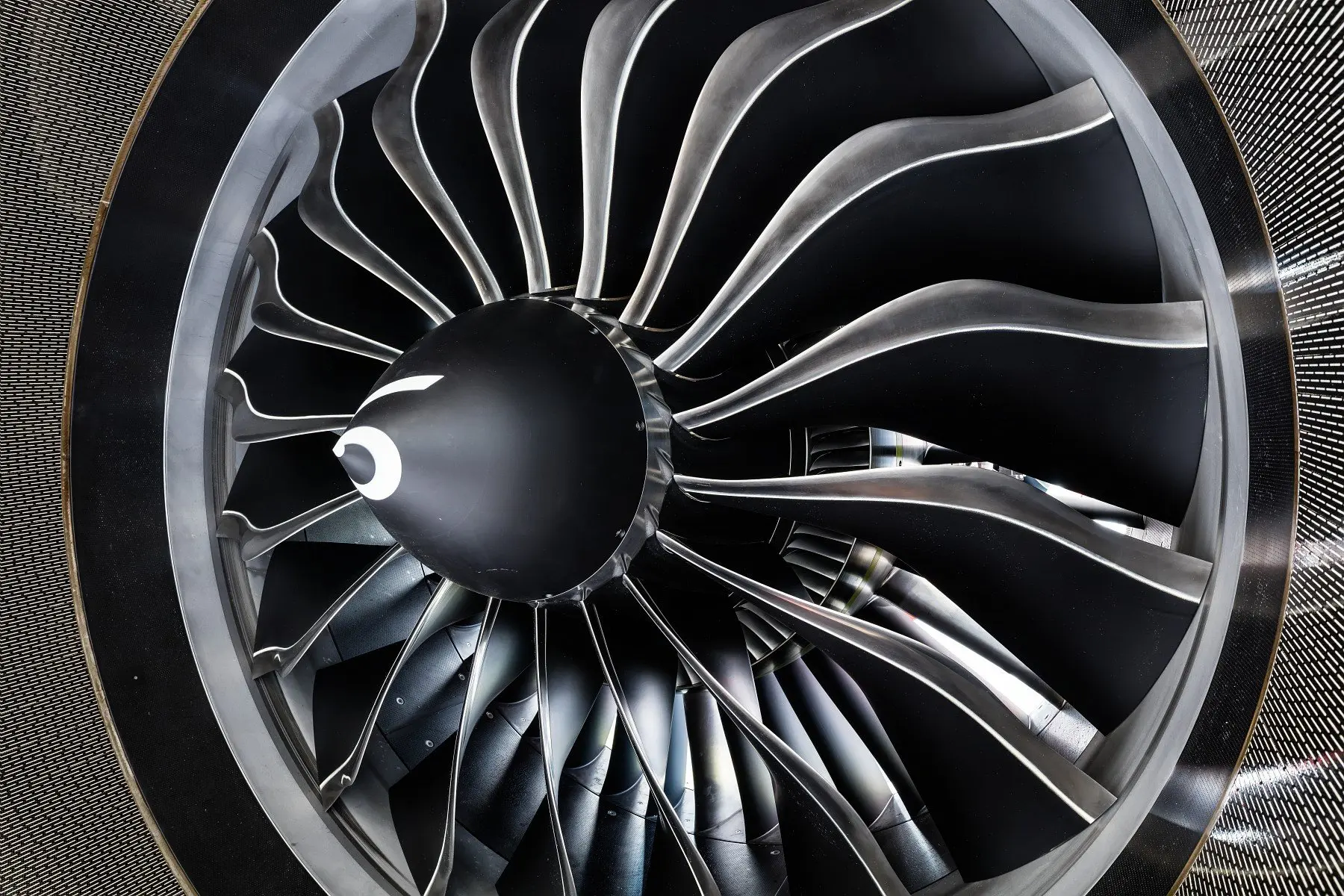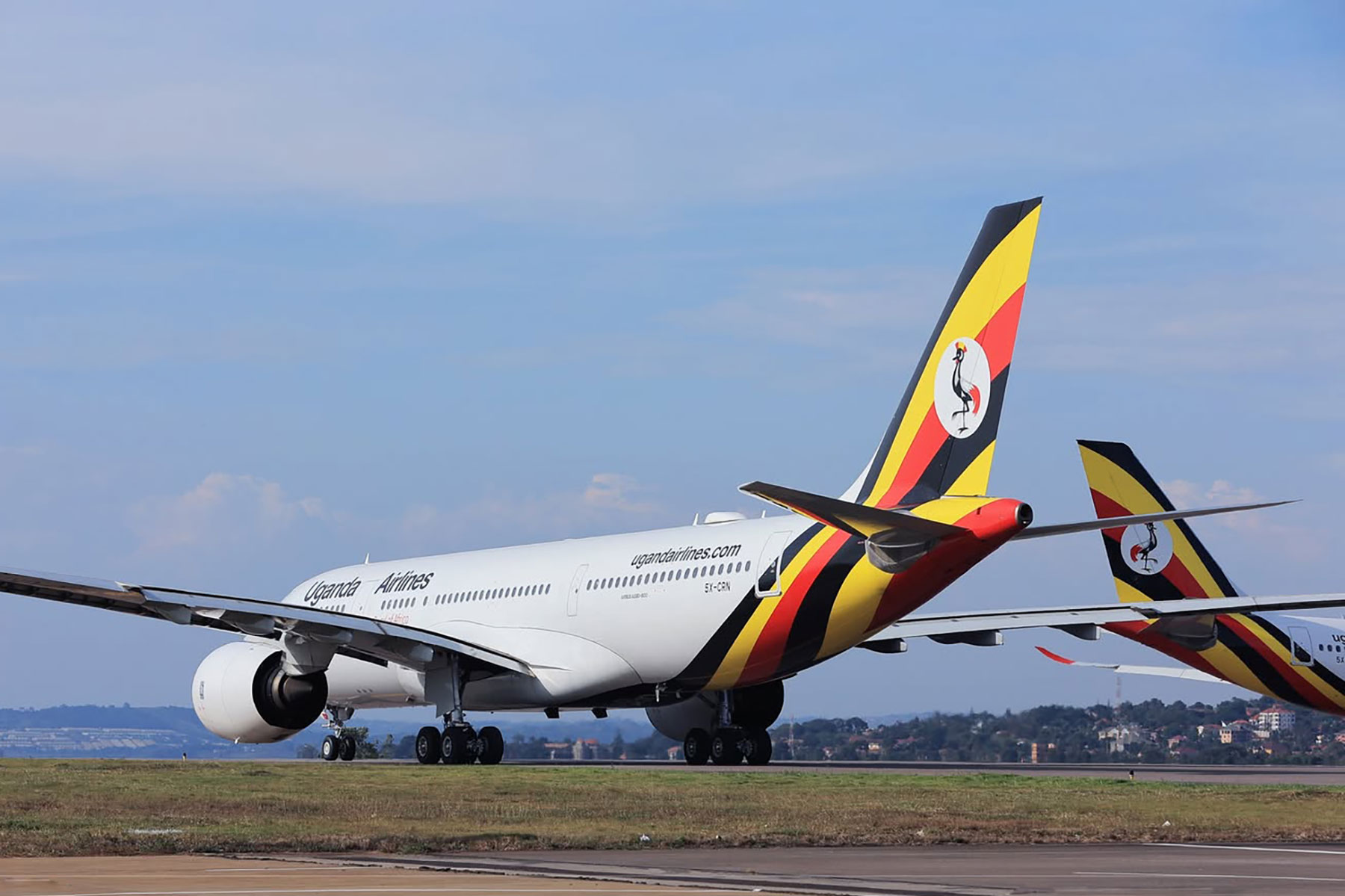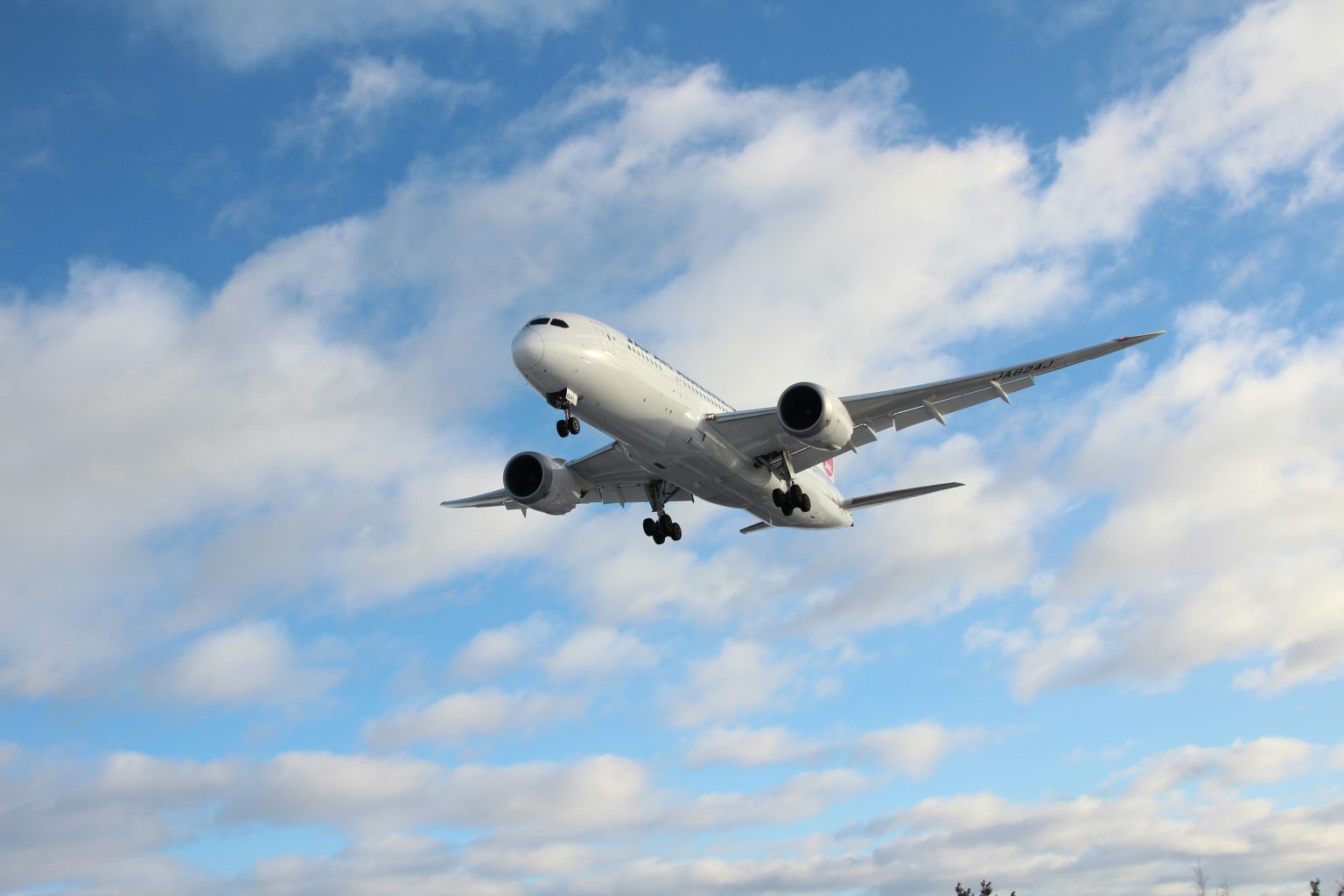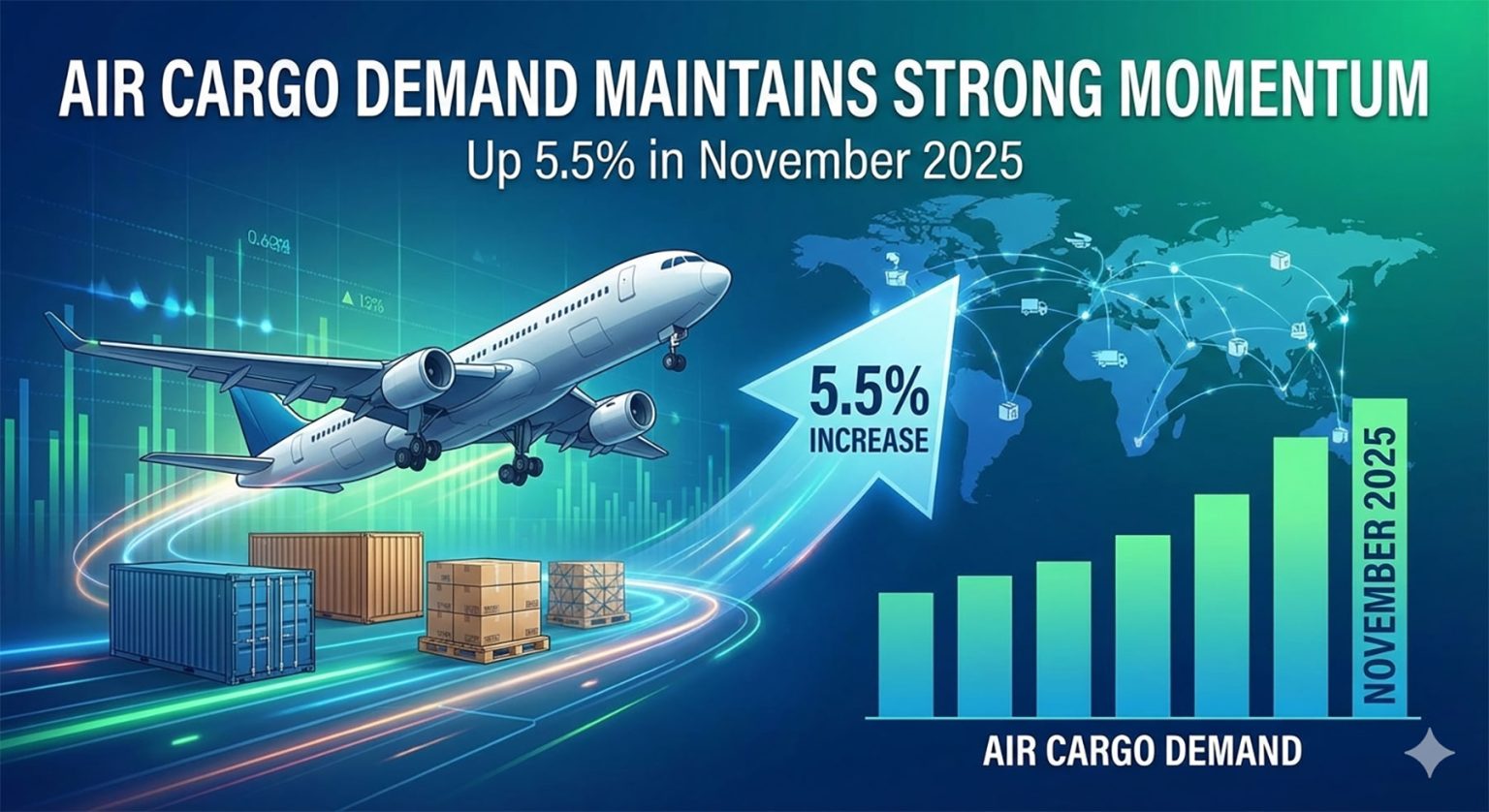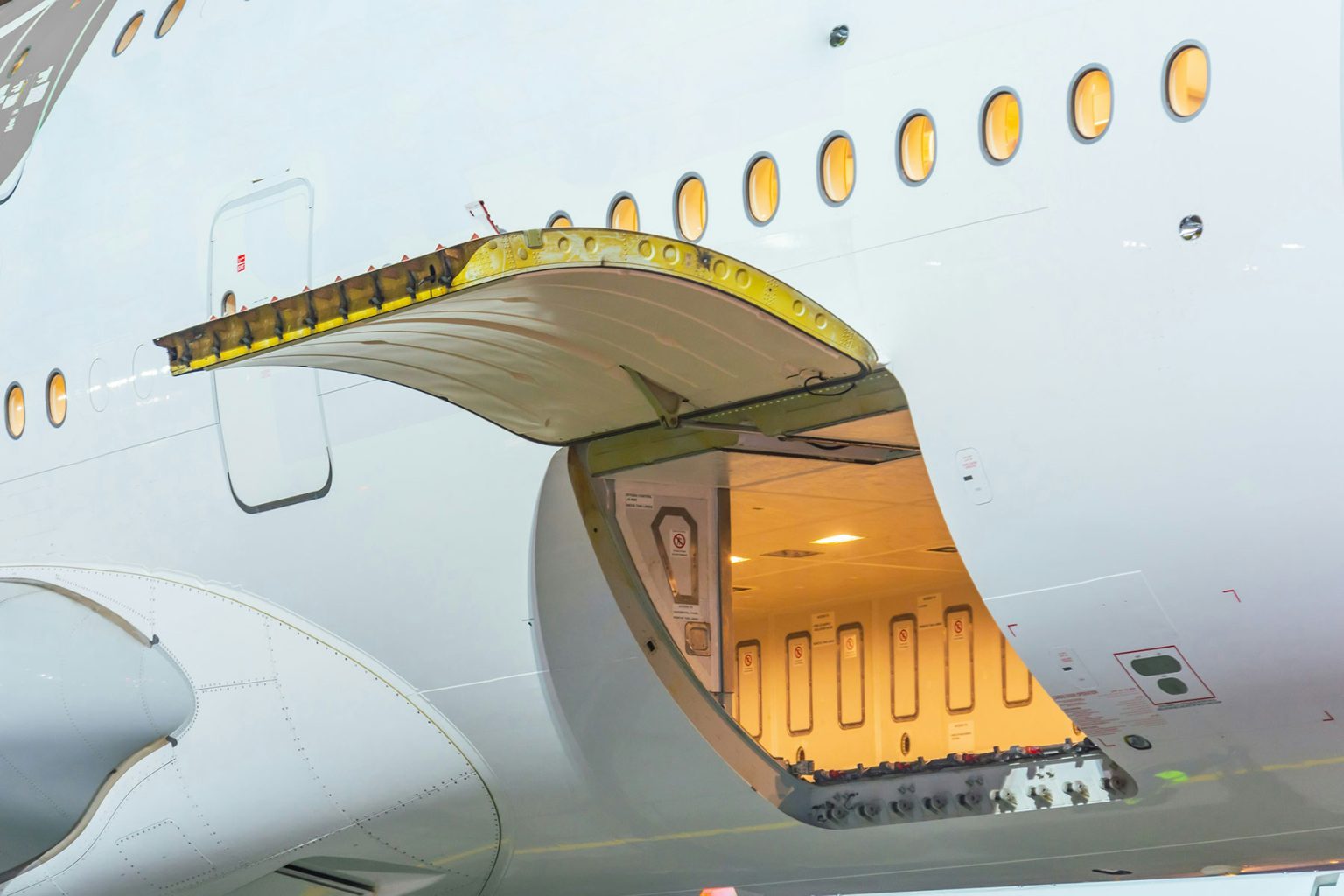FlySafair is grappling with an increasing number of pilots leaving the airline, attributed, in part, to what many see as poor management decisions. One of the drivers is the implementation of a new rostering system that has been met with widespread dissatisfaction among pilots. Solidarity, the trade union representing the airline’s pilots, has expressed grave concerns about the negative impact of this system on pilots’ work-life balance.
Remón Viviers, the network organiser for Solidarity’s aviation division, stated that the new rostering system has disrupted pilots’ schedules, contributing to a decline in morale and increasing turnover. According to Viviers, if FlySafair fails to address these issues promptly, the airline could face further losses of skilled personnel. Pilots are already considering alternatives, with some looking beyond South Africa for better opportunities, which exist in abundance, with highly attractive remuneration packages.
FlySafair Denies the Claims
FlySafair, however, maintains that the changes to its rostering system are in line with global best practices and have been designed with both operational efficiency and pilots’ needs in mind. Korby Gordon, FlySafair’s Executive for Marketing, defended the new system, emphasising that it aims to optimise aircraft utilisation and improve operational efficiency. He also pointed to the system’s “enhanced flexibility,” including features like flight swaps and preferential leave bidding, which the airline claims offer better control over pilots’ schedules.
Despite these assurances, Solidarity remains unconvinced. The union argues that while the system may work for the airline’s operational goals, it has created significant frustration for the pilots and that these concerns need to be addressed urgently. With salary negotiations on the horizon, both parties are preparing for a potential standoff, with the union seeking to secure more favourable working conditions for its members.
Is the Exodus Also Fuelled By Higher Wages Overseas?
This brewing crisis at FlySafair is happening against the backdrop of pilots’ wages increasing exponentially overseas. With the industry facing a shortage of pilots, increased travel demand, increased and rapid airline expansion, salaries globally are soaring and not looking to come down anytime soon.
As salaries rise worldwide, South African pilots are increasingly seeking better opportunities abroad, where pay packages and benefits are often more lucrative. The issue is compounded by the fact that while salaries are on the rise, the cost of living in South Africa remains high, making overseas opportunities particularly attractive.
Before the COVID-19 pandemic, First Officers in Europe earned between €21,600 and €72,000 per year. By spring 2023, salaries had seen a significant increase, ranging from €25,000 to €91,000. This upward trend continued into spring 2024, with First Officers now earning between €51,000 and €97,000—nearly doubling the lower end of the salary range in just one year. This consistent rise reflects the aviation sector’s robust recovery, with salaries now surpassing pre-pandemic levels.
In 2024, Chief Pilots in Europe earned between €120,000 and €270,000, representing an impressive 49.46% increase from the previous year’s range of €61,000 to €200,000. This growth in salaries is expected to persist into 2025 and beyond, fueled by the ongoing shortage of qualified pilots.
Higher Salaries Are Being Driven By A Number of Contributors
Five contributors have been highlighted as to why global salaries are much higher than in South Africa. From rapid airline expansion to the number of retirements anticipated in the next few years, airlines are grappling to meet pilot number quota. According to industry estimates, between 613,000 and 674,000 new pilots will be needed globally from 2024 to 2043. With airlines expanding rapidly and a wave of retirements on the horizon, the demand for pilots has skyrocketed, prompting significant increases in pilot salaries. In fact, some estimates suggest that the training pipeline could fall short by 5,000 to 7,000 pilots annually.
As noted by Martynas Mazeika, Chief Growth Officer at BAA Training, airlines are under immense pressure to recruit and retain qualified pilots. “Airlines are expanding at a massive rate, and the pilot shortage is only getting worse. In 2023, industry forecasts predicted a shortage of between 613,000 and 649,000 pilots worldwide. This number has only grown as airlines scramble to fill positions,” Mazeika explained.
Increased travel demand as well as increased competition between airlines have also been major contributing factors. As Mazeika points out, “The battle for experienced pilots is intensifying. Airlines are offering significantly higher pay packages to lure pilots away from rivals.”
Can FlySafair Adapt?
As the negotiations between FlySafair and Solidarity loom, the airline faces a tough decision: Will it be able to strike a balance between maintaining operational efficiency and improving the working conditions for its pilots? With pilots leaving for better opportunities abroad, the pressure is mounting for the airline to reconsider its approach to rostering and remuneration.
Gordon has expressed FlySafair’s commitment to offering competitive wages and working conditions that align with industry standards, but as the global market for pilots tightens, the airline may need to go further to retain its talent. The rising wages seen in Europe and the Middle East will undoubtedly continue to exert pressure on South African airlines, making it increasingly difficult to compete with the lucrative offers coming from overseas.
As the situation unfolds, one thing is clear: the aviation industry’s pilot shortage is not a temporary issue, and FlySafair, like many other airlines, will need to adapt to these shifting dynamics. With pilot wages on the rise and competition heating up, the battle for talent has only just begun.
